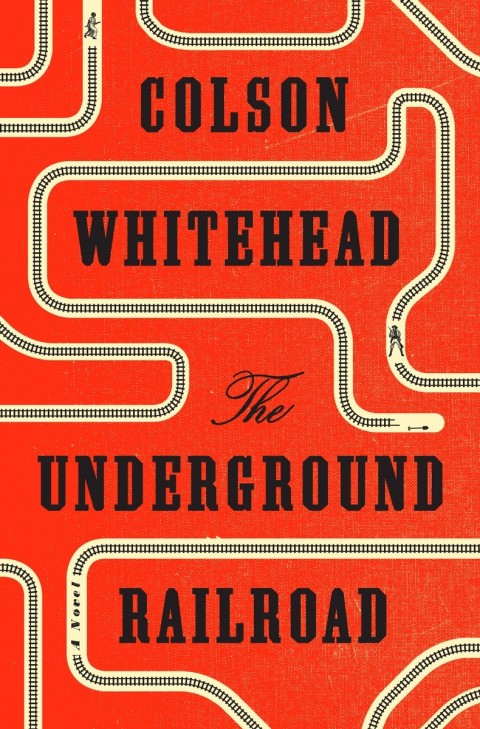Description
The central character is a young woman named Cora, enslaved on a Georgia cotton plantation owned by Mr. Randall, a wealthy twin with a gruesome turn of mind. His slaves are whipped and beaten, of course, but they’re also raped and flayed and murdered in ways meant to satiate his own degenerate lusts and keep his human chattel in a state of debilitating terror. Cora, left behind when her mother escaped years earlier, lives in the plantation’s lowest shack, a place for the dying and insane, those flogged into imbecility and permanent disability. This is grim material to be sure, but hope animates the story, and Whitehead’s narrative is a fascinating lamination of disparate tones. Sentences seem to twist phrase by phrase — mocking, mourning, satirizing, celebrating. While describing the horror of the plantation, he also honors the slaves’ courage and relishes their wry humor. Elegant lawn parties are undercut by casual references to torture. But the ultimate effect of sabotaging our glossy history is to remind us that we stand upon “stolen bodies working stolen land.” Cora, so observant and determined, makes a perfect witness of this grotesque realm of gentility floating on blood. Fleeing via the Underground Railroad, she passes through the varieties of slave experience in America. A station agent assures her, “South Carolina has a much more enlightened attitude toward colored advancements than the rest of the South,” and indeed, she and a friend “have to learn how to walk like freemen” and “undo some of the damage to their personalities wrought by slavery.” But too quickly the sinister aspects of their faux liberty become apparent, and Cora must escape again, reinventing herself in that most American way in some new temporary oasis. Running from “the miserable thumping heart” of one town after another, she moves through a culture determined to domesticate African Americans or infantilize them or sterilize them or demonize them or ultimately exterminate them.




Reviews
There are no reviews yet.